detail profile valeriu andriu c8 9b c4 83

Valeriu Andriuță
Valeriu Andriuță
atau dikenal sebagai
Peran Yang Di Mainkan Valeriu Andriuță
 Adi a gay teenager is spending...
Adi a gay teenager is spending...Three Kilometres to the End of the World 2024
Adi, a gay teenager, is spending the summer in his home village in the Danube Delta. One night he is brutally attacked on the street, the next day his world is turned upside-down. His parents no longer look at him as they did, and the seeming tranquility of the village starts to crack.
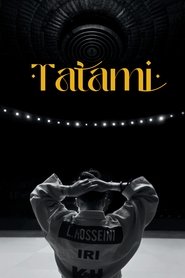 Iranian female judokas Leila and her...
Iranian female judokas Leila and her...Tatami 2024
Iranian female judokas Leila and her coach Maryam, travel to the Judo World Championship, intent on bringing home Iran’s first gold medal. Midway through the Judo World Championships, they receive an ultimatum from the Islamic Republic ordering Leila to fake an injury and lose, or she will be branded a traitor of the state. With her own and her family’s freedom at stake, Leila is faced with an impossible choice: comply with the Iranian regime as her coach Maryam implores her to do, or fight on, for the gold.
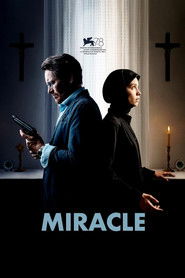 A young novice sneaks out of...
A young novice sneaks out of...Miracle 2022
A young novice sneaks out of her convent to deal with a matter that cannot be delayed.
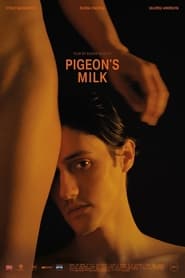 16yearold Andrian lives in Transnistria At...
16yearold Andrian lives in Transnistria At...Pigeon's Milk 2021
16-year-old Andrian lives in Transnistria. At school he has problems with his peers, and at home with his parents. Andrian, who used to sing in the church choir, secretly dreams of ditching everything and going away with a friend to Italy, which he sees as a symbol of freedom from the present hopelessness. But there comes the Holy Week which will forever change his life.
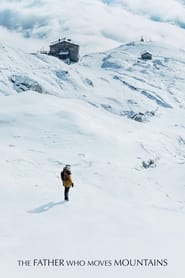 Mircea former Intelligence officer finds out...
Mircea former Intelligence officer finds out...The Father Who Moves Mountains 2021
Mircea, former Intelligence officer, finds out that his son from has gone missing in the mountains. He travels there to find him. After days of searches, Mircea put his own rescue team together, leading to conflict with the local squad.
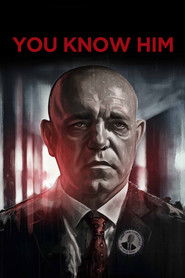 Doctor Kemal is head of a...
Doctor Kemal is head of a...You Know Him 2020
Doctor Kemal is head of a private hospital, is ambitious and has the best intentions for the residents of Istanbul. He is the best candidate for mayor of the Beyoglu district – in his opinion. An opinion not shared by his sceptical ex-wife; nor by the voters who come to eat and drink at his expense; nor the party leader, who even after several meetings still thinks he's an architect rather than a doctor; not even his faithful chauffeur. The slogan 'the doctor has the cure' might be catchy, but the doctor has little clue how sick the climate of political nepotism really is.
 Petru is a drilling engineer living...
Petru is a drilling engineer living...A Decent Man 2018
Petru is a drilling engineer living in a community of oil industry workers. He has mixed feelings. On the one hand he is about to marry his pregnant girlfriend Laura, on the other he is involved with the wife of one of his colleagues, Sonia, the victim of a serious accident at work. His new life seems about to begin while she feels hers is ending. When Laura finds out about his relationship with Sonia, all hell breaks loose. Petru feels terrible guilt, but also responsibility for the baby-to-be.
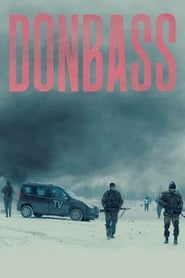 In the historic Donbass region of...
In the historic Donbass region of...Donbass 2018
In the historic Donbass region of eastern Ukraine, despite the cruel war that has been raging since 2014 between the self-proclaimed People's Republics of Donetsk and Luhansk and the Ukrainian government, people try to survive in the rotten heart of chaos, where violence disguises itself as peace, propaganda becomes univocal truth and hatred reigns in the name of love.
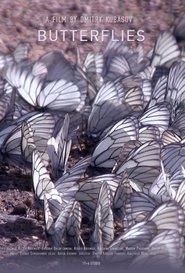 Alexey is shooting a movie about...
Alexey is shooting a movie about...Butterflies 2016
Alexey is shooting a movie about himself. He is in search of a boyfriend. Everything would be alright, if Alexey's mother could accept his sexuality. Alexey comes to visit her and admits that he likes boys, saying 'Don't you anticipate any grandchildren from me'. We find Alexey at Tarkovsky film festival, where he apparently came to rest. Alexey meets Grisha, and a stormy holiday romance begins.
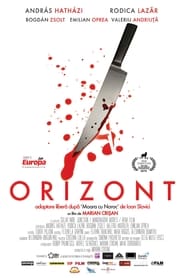 Trying to find their luck husband...
Trying to find their luck husband...Horizon 2015
Trying to find their luck, husband and wife, Lucian and Andra start a new business by managing a guesthouse hidden somewhere deep in the mountains.
 Alina returns to Romania from Germany...
Alina returns to Romania from Germany...Beyond the Hills 2012
Alina returns to Romania from Germany, hoping to bring Voichita—the only person in the world she loves and was loved by—back with her. But Voichita has found God, and God is the hardest lover of all to best.
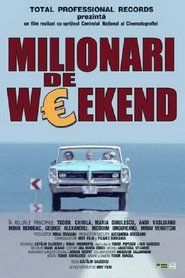 Following a competitive circumstances Russian Federation...
Following a competitive circumstances Russian Federation...Weekend Millionaires 2004
Following a competitive circumstances, Russian Federation returned the Romanian state treasury found in Moscow. Among the items brought into the country is also a bust of the early twentieth century (porcelain bust made in 1915, signed I. Andropov) that is not in inventory; experts consider it a "regular kitch". The bust was stored at the Museum of Art in Bucharest.
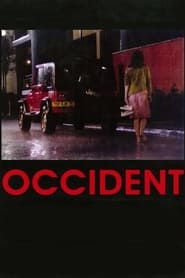 Occident is a bitter comedy about...
Occident is a bitter comedy about...Occident 2002
"Occident" is a bitter comedy about the people who want to emigrate from Romania, and about those who stay behind. The movie has a rich, interesting structure: there are three different stories - a weeklong in the film - that cross, interconnect and happen in the same period. The characters influence each others lives, sometimes even without knowing. Main characters from one story become secondary characters in another story. At the same time, scenes from the first part of the movie bring unexpected facts when seen the second or the third time. The stories do not have just one ending: the first story ends in each of the third parts in a different point, suggesting radically different solutions for the characters. The way in which the director fits time and links events together often produces thematically unexpected results.
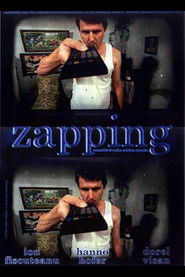 In a shabby apartment somewhere in...
In a shabby apartment somewhere in...Zapping 2000
In a shabby apartment somewhere in Romania, a man obsessively zap between his TV channels despite the wife's complaints and nagging. But where his wife fails, a little man inside the TV will appear and tell Sotul a thing or two about the true mechanics of television zapping...
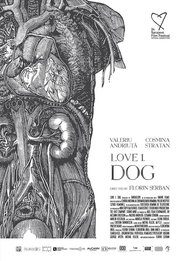 A solitary mountain man finds a...
A solitary mountain man finds a...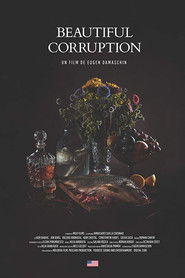 In his fight for justice Andrei...
In his fight for justice Andrei...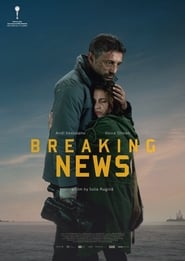 While working on an in memoriam...
While working on an in memoriam...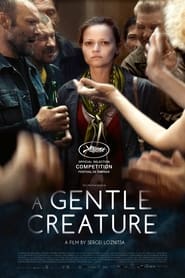 A woman lives in a small...
A woman lives in a small... Two Moldavian friends begin a journey...
Two Moldavian friends begin a journey...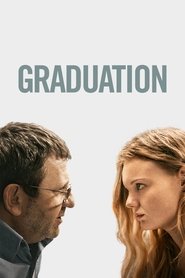 After his daughter is assaulted and...
After his daughter is assaulted and...